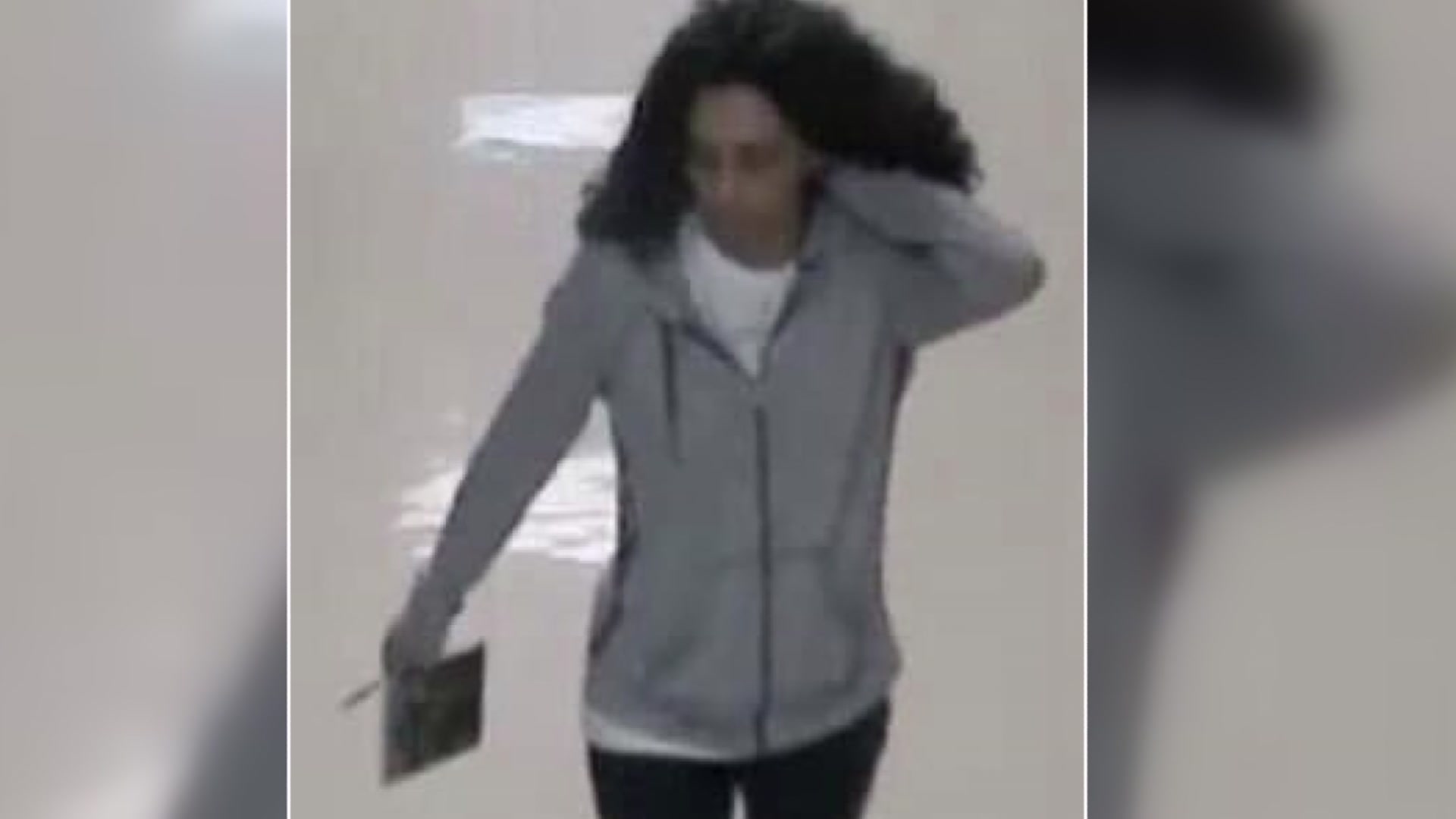Amarillo police have sent off more than 800 rape kits, some of which were collected in the 1990s, for testing but so far the effort has yielded few matches.
The kits were sent in January to comply with a law passed in 2011 that aimed to reduce the state's considerable backlog, the Amarillo Globe-News reported.
An audit in 2011 revealed about 18,000 untested kits in the state, and about 4,600 kits still await analysis, Department of Public Safety records show.
Amarillo police Chief Robert Taylor said he was concerned that compliance with the law had taken a toll on the department's resources.
Many of the kits at the Amarillo police department have sat untested for years because it was deemed unnecessary to test them, the newspaper reported. "If the detective is sure there is no evidentiary value to the kit, then no, it is not a good idea to send them in because that causes a delay in getting other kits tested," Taylor said.
Another reason for the backlog is the cost of testing, which can run around $800 to $1,000 each.
About half of Amarillo's rape kits have been analyzed and entered into the FBI's DNA database since January, with only 11 matches. None led to new charges or convictions, the newspaper reported.
Local
The latest news from around North Texas.
Rape kits are a series of DNA samplings and other evidence secured via medical procedures conducted immediately after an attack. Experts say testing them promptly and comparing them to federal DNA databases for hits is crucial because as many as half of all sex offenders are serial rapists who sometimes travel.
"When you test a kit, you not only get information about the case that's being reported to you right now," said Chris Kaiser, director of public policy and general counsel at the Texas Association Against Sexual Assault. "You start getting DNA profiles that in fact match John Doe profiles that have been in the DNA databases from years back."
In Houston, authorities last year cleared a backlog of nearly 6,700 kits that included cases dating back to the 1980s. The project, which cost about $6 million, turned up 850 matches in a national DNA database.
Earlier this month, the White House announced it would contribute $45 million toward the effort in 2016, supporting not just testing efforts but also funding auditing and training for localities on police and forensic best practices. The White House doled out $41 million in grants last year.



